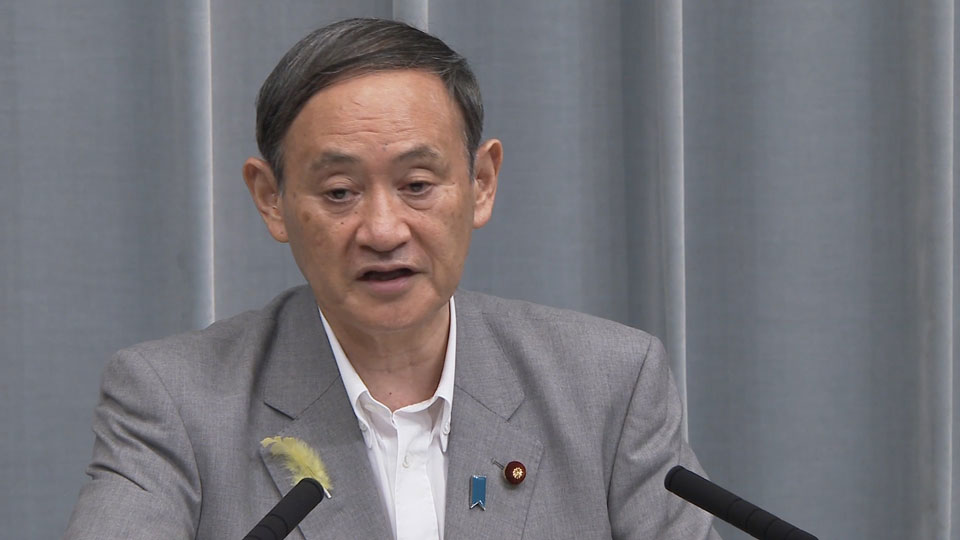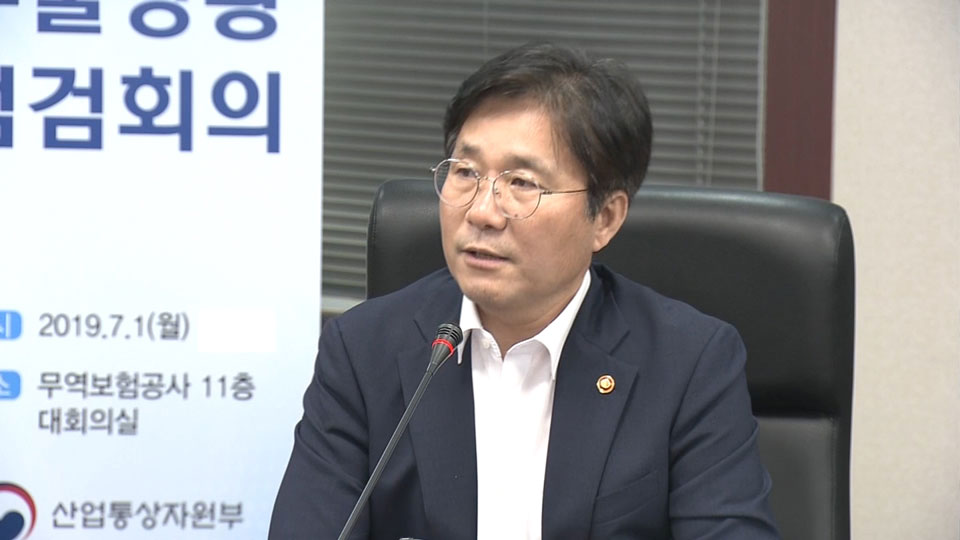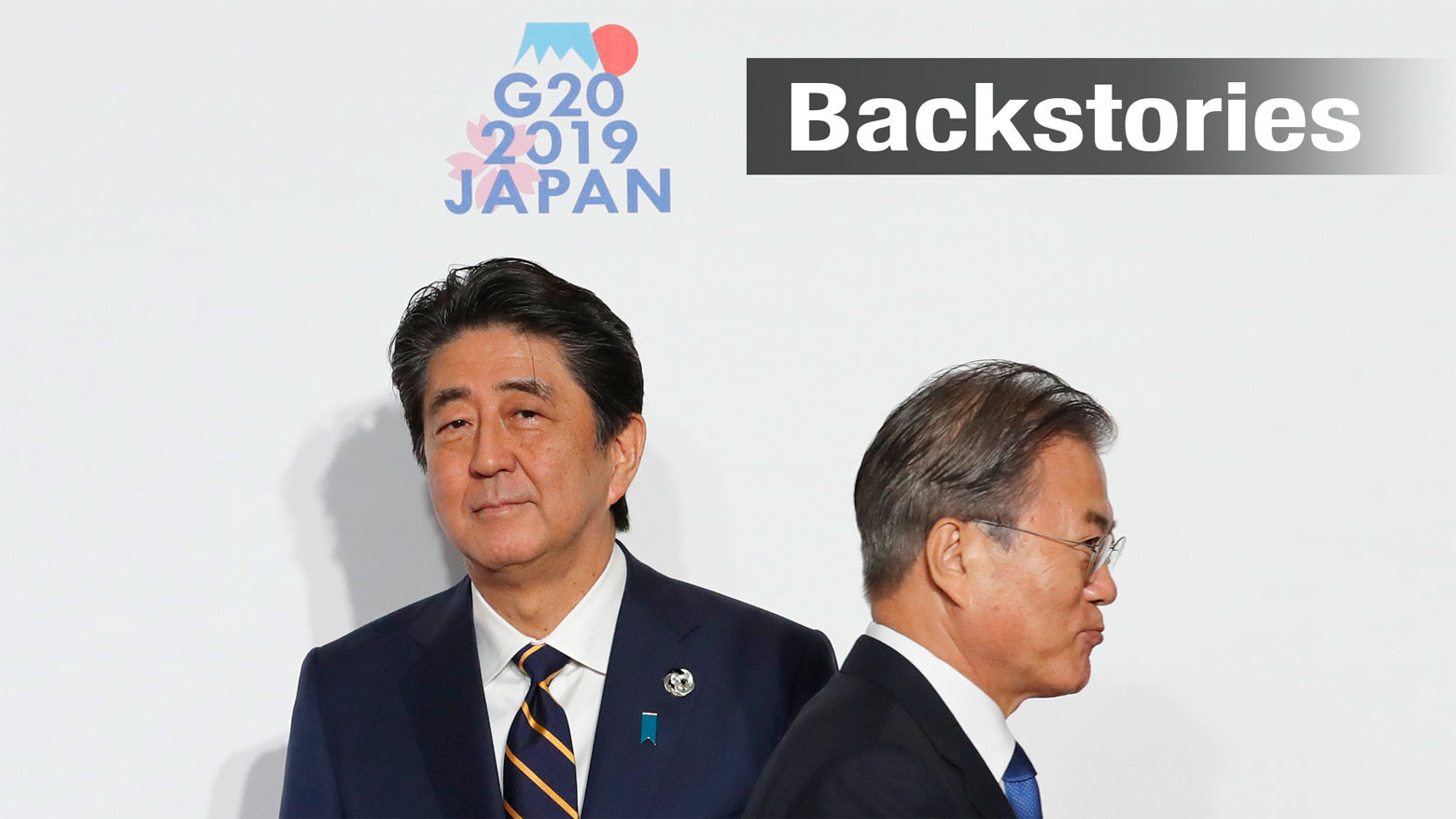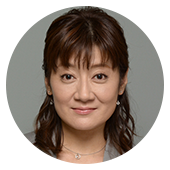Japan's trade minister announced the tougher constraints will apply to three materials used in high-tech products. Starting on Thursday, Japanese exporters will be required to apply for permission for each shipment of the materials to South Korea. Japanese firms have large market shares of each of these materials.
Shortly after Japan's announcement, the South Korean government issued a sharp reaction, calling it "economic retaliation" for the country's court rulings on wartime labor compensation. The Japanese ambassador was summoned to the foreign ministry and was issued a formal protest.
Many Koreans who say they were forced to work for Japanese companies during World War Two have filed lawsuits seeking compensation. Late last year, the South Korean supreme court ruled in favor of the plaintiffs.
The Japanese government says any right to claims was settled completely and finally in 1965, when the countries signed a bilateral agreement.
Tokyo has called on Seoul to agree to set up an arbitration panel with third countries to settle disputes over the rulings. Seoul has not responded to this request.
Japan's Chief Cabinet Secretary, Yoshihide Suga, indirectly suggested on Tuesday that the wartime labor issue was behind the export restrictions.
"South Korea has repeatedly rejected long-standing friendly ties between the countries," he said. "Separately, it failed to produce a satisfactory response to the wartime labor issue before the G20 summit, which severely damaged trust in the relationship."

Many industries in Japan and South Korea are entwined through the trade of high-tech materials. One of the materials included in Japan's latest restrictions is high-purity hydrogen fluoride, a material essential for the production of semiconductors. Fluorinated polyimide, used in smartphones and TV displays, is also on the list.
Korean tech giants such as Samsung and LG rely on these materials, which Japanese companies hold a large global market share of.
In addition, the Japanese trade ministry may remove South Korea from a broader regulation.
South Korea is one of 27, mainly North American and European, countries that Japan gives preferential treatment for export controls. But the Trade Ministry is reviewing South Korea's place on the list.
South Korea's trade minister, Sun Yun-mo, on Monday called Japan's recent moves " deeply regrettable."
He added, "We will take the necessary measures, such as filing a complaint with the World Trade Organization, based on international and domestic laws."

An expert on South Korean economics, Hidehiko Mukoyama of the Japan Research Institute, says the move could worsen the already tense relationship between the two countries.
"Some people in South Korea are already campaigning to stop buying or using Japanese products, and those moves could spread further," he told NHK. "This could lead to a slowdown in business activity between the countries"
As for the effect of the new restrictions on consumers, it may be too early to tell. It will likely be weeks until South Korean companies run through their current stock of these essential components.

